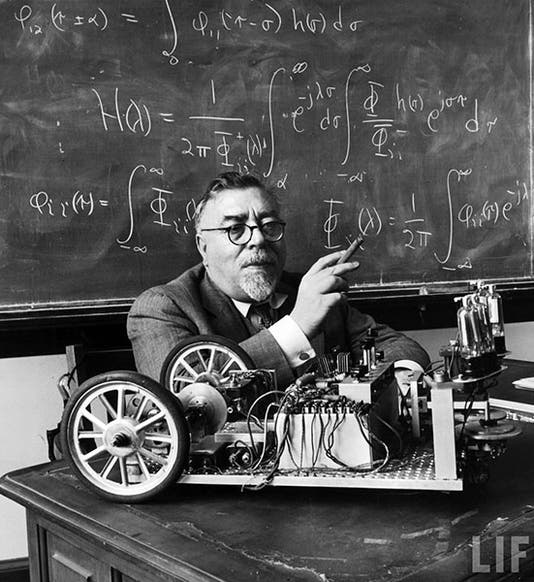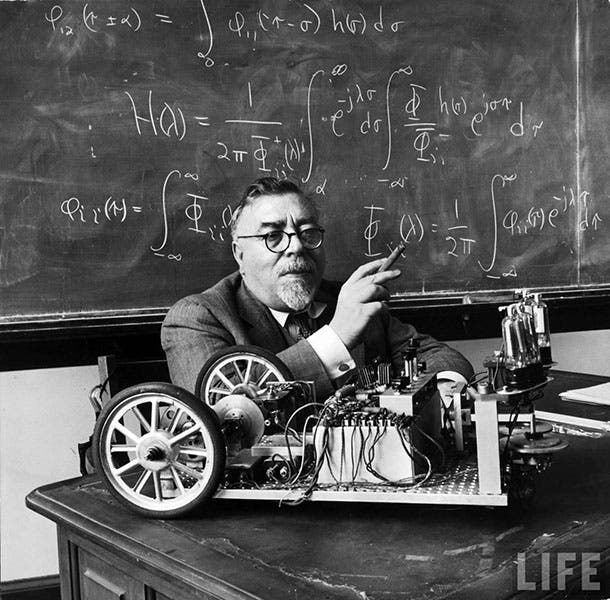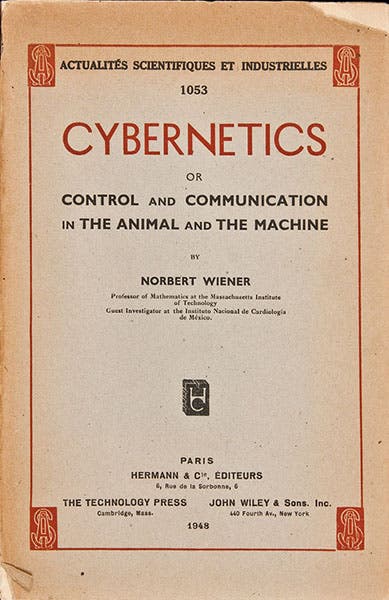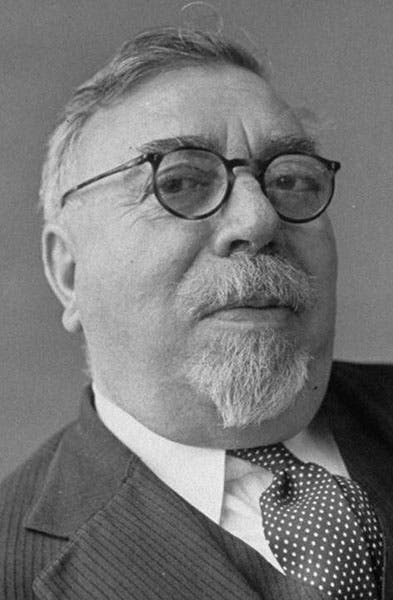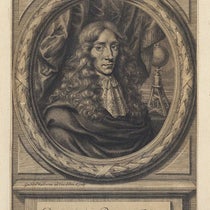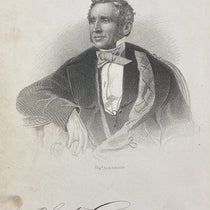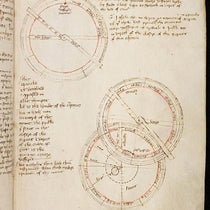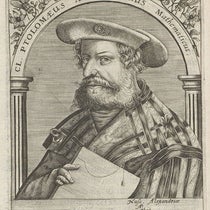Scientist of the Day - Norbert Wiener
Norbert Wiener, an American mathematician and philosopher, is best known for founding the field of cybernetics. He was born on Nov. 26, 1894, in Columbia, Missouri. His father, Leo Wiener, a Slavic language teacher and mathematics enthusiast, homeschooled Norbert, nurturing his exceptional talent in mathematics from an early age. Wiener graduated from Tufts College with a bachelor’s degree in mathematics at the age of 14 and, completed his Ph.D. at Harvard University before the age of 20. After postdoctoral studies with renowned mathematicians Bertrand Russell and David Hilbert, he joined the Massachusetts Institute of Technology (MIT) in 1919, where he spent most of his career.
Wiener’s early research focused on applying probability theory to random processes. One of his notable contributions was to the study of Brownian motion, the erratic movement of particles suspended in a fluid. In his 1923 paper, "The Average of an Analytic Functional and the Brownian Movement", (which can be consulted on the web through the link: The Average of an Analytic Functional and the Brownian Movement) he developed a mathematical framework for analyzing this random phenomenon, using advanced probability theory. By applying concepts like Stokes' Law, Wiener provided a way to predict the average movement of particles over time, a foundation for future developments in stochastic processes, systems or phenomena that evolve in a partly random and partly predictable way. Examples include the movement of stock prices, weather patterns, or the spread of a disease.
During World War II, Wiener’s expertise in random processes became instrumental in military research, specifically in developing automated control systems. He worked on anti-aircraft defense systems, where he was tasked with creating a mechanism to predict the trajectory of enemy planes, a critical aspect for the success of military operations. The problem was that traditional weapons systems struggled with accuracy due to the high speed and unpredictable movements of aircraft, which required continuous adjustments to the targeting system. To solve this, Wiener introduced the concept of a feedback loop (Image 3) where real-time information about the plane’s position would continuously adjust the system’s aim. This self-correcting mechanism was groundbreaking, showing that machines could, like living organisms, adapt to a situation based on the information they received from their environment. Wiener’s work during the war laid the foundations for cybernetics, a field he defined as the study of "control and communication in the animal and the machine."
In cybernetics, feedback systems must often respond to uncertain or variable conditions, requiring models to handle randomness and predictability in dynamic systems. The stochastic methods Wiener developed for Brownian motion were instrumental in helping him understand and quantify how systems could correct themselves in the presence of noise, which is essentially random disturbances that can disrupt signal clarity. Wiener applied these concepts to develop filters for reducing noise in communication systems and guiding automated weaponry, which were central applications of feedback in his work during WWII.
Wiener and his colleagues published their findings in various technical reports and papers during the war. Still, it was after the war that Wiener expanded on his ideas in his seminal book, Cybernetics: Or Control and Communication in the Animal and the Machine (1948) At the Library, we have a copy of this edition in the History of Science Collection (third image). In this work, he articulated the universal role of feedback mechanisms in both mechanical and biological systems, or, as he put it: “The problem of interpreting the nature and varieties of memory in the animal has its parallel in the problem of constructing artificial memories for the machine”. This concept of feedback became foundational across various disciplines, from engineering to biology. Feedback loops are now seen as essential for processes like homeostasis in biology, where organisms maintain internal stability, and in control systems engineering, which relies on feedback for everything from thermostats to spacecraft navigation. In economics and social systems, feedback mechanisms help explain how systems self-regulate, adapt, and sometimes destabilize.
This development represented a significant shift in thinking. Previously, machines were seen as following fixed, pre-determined sequences of operations. Wiener’s insight, however, showed that machines could operate dynamically, responding to and adapting based on incoming data. The feedback loop became the foundation for modern control theory, influencing the development of automation, robotics, and later, artificial intelligence.
Wiener later explored the ethical and societal implications of cybernetic technology in his 1950 book, The Human Use of Human Beings: Cybernetics and Society, a copy of which we have in our collections. He discussed how feedback, control, and communication could transform human society but also warned of the risks associated with automation and the potential loss of human autonomy. Wiener foresaw many ethical issues still debated today, such as the impact of artificial intelligence on labor and the potential for machines to influence human relationships. He advocated a responsible approach to technological development, urging society to prioritize human dignity and freedom.
Norbert Wiener passed away on Mar. 18, 1964, in Stockholm, Sweden, at the age of 69. Sixty years later, he remains one of the most relevant scientists of the 20th century, having shaped our understanding of the relationship between society and technology. For readers interested in learning more about Wiener, his work, and his personal life, we recommend these two autobiographical texts available at the library: Norbert Wiener, a Life in Cybernetics: Ex-Prodigy: My Childhood and Youth (1953); and I Am a Mathematician: The Later Life of a Prodigy (1956).
Ericka L. Herazo, PhD. Physicist, Sociologist, and historian of technology, Fellow Linda Hall Library. Comments or corrections are welcome; please direct them to merickaleo@gmail.com

